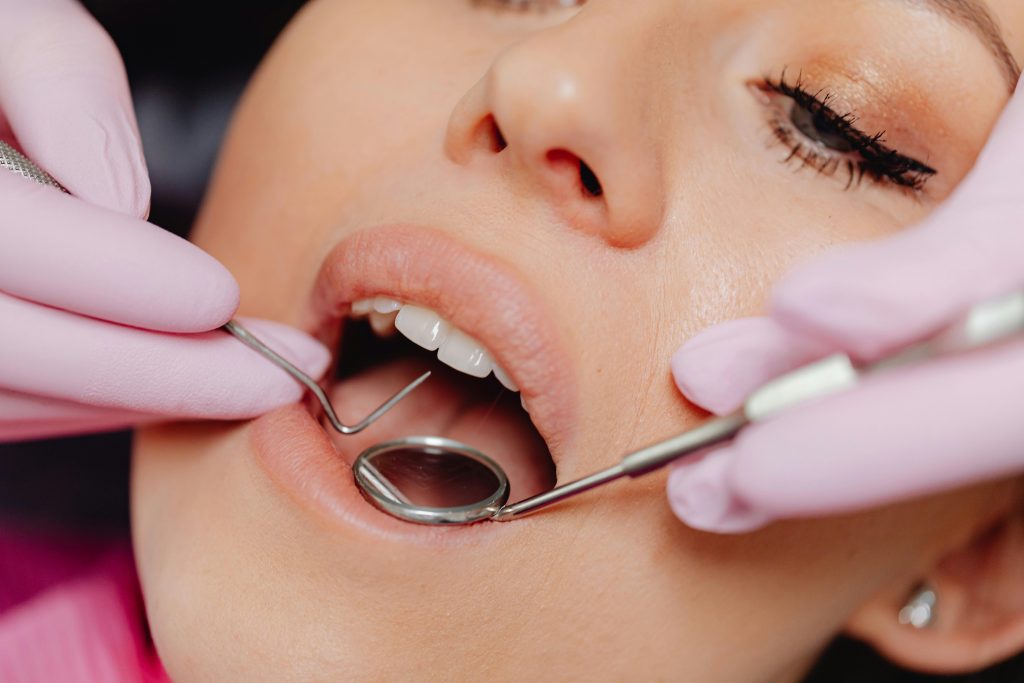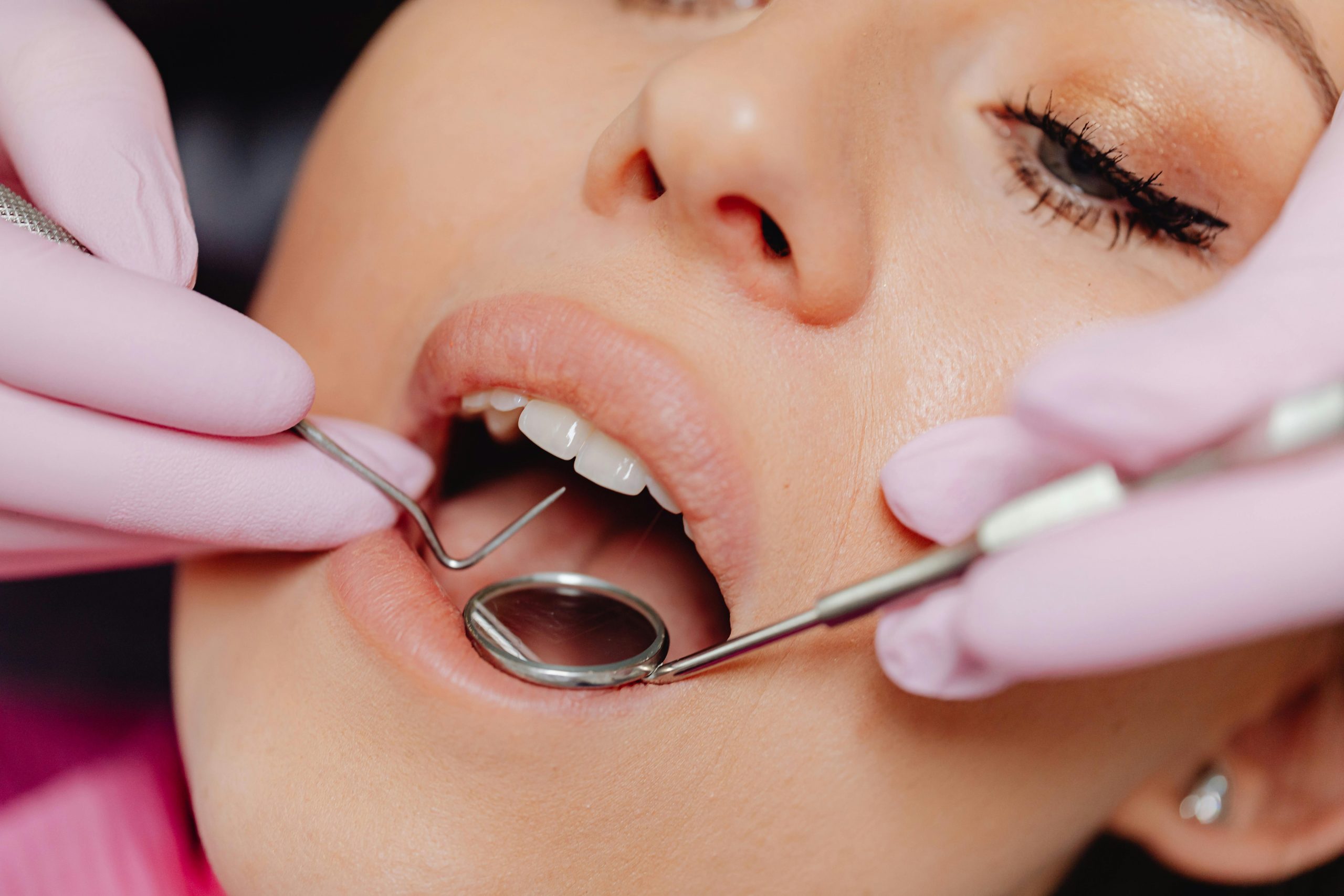Maintaining good dental health is essential not just for a bright smile, but for overall well-being. Poor oral hygiene can lead to cavities, gum disease, and other dental issues that might affect your overall health. By following these ten tips, you can ensure that your teeth and gums stay healthy and strong throughout your life.
1. Brush Your Teeth Twice a Day
Brushing your teeth at least twice a day is the cornerstone of good dental hygiene. Use a fluoride toothpaste and a soft-bristled toothbrush to remove plaque and food particles from the surfaces of your teeth. Make sure to brush all areas of your mouth, including the front, back, and chewing surfaces of your teeth, as well as your tongue and gums. Brushing before bed is especially important because it helps remove the day’s accumulated bacteria and prevents plaque formation while you sleep.
2. Floss Daily
Flossing is an essential part of maintaining good dental health that should not be overlooked. It helps remove food particles and plaque from between your teeth and under the gumline, where your toothbrush can’t reach. Daily flossing reduces the risk of gum disease and cavities by preventing the buildup of plaque in these hard-to-reach areas. If traditional floss is challenging to use, consider alternatives like floss picks or water flossers.
3. Use Mouthwash
Mouthwash can be a helpful addition to your oral hygiene routine. It helps rinse away food particles and bacteria that brushing and flossing might miss. Additionally, mouthwash can freshen your breath, reduce the amount of acid in your mouth, and help prevent cavities and gum disease. Look for a mouthwash that contains fluoride and is designed to target your specific dental needs.
4. Eat a Balanced Diet
What you eat has a significant impact on your dental health. A balanced diet rich in vitamins and minerals is essential for strong teeth and healthy gums. Focus on consuming plenty of fruits, vegetables, lean proteins, and dairy products, which provide the necessary nutrients for maintaining healthy teeth. Limit your intake of sugary foods and drinks, as they contribute to tooth decay by feeding the bacteria in your mouth that produce harmful acids.
5. Avoid Tobacco Products
Using tobacco products, including smoking and chewing tobacco, is extremely harmful to your dental health. Tobacco use increases the risk of gum disease, tooth decay, and oral cancer. It can also lead to bad breath and stain your teeth, making them appear yellow or brown. Quitting tobacco is one of the best things you can do for your oral and overall health.
6. Stay Hydrated
Drinking plenty of water throughout the day is crucial for good dental health. Water helps wash away food particles and bacteria, keeping your mouth clean and reducing the risk of cavities and gum disease. It also stimulates saliva production, which is your mouth’s natural defense against tooth decay. Saliva helps neutralize acids produced by bacteria and contains enzymes that aid in digestion and protect your teeth.
7. Visit Your Dentist Regularly
Regular dental checkups are vital for maintaining good oral health. Most experts recommend visiting your dentist at least twice a year for a professional cleaning and examination. During these visits, your dentist can detect early signs of dental problems, such as cavities, gum disease, or oral cancer, and provide treatment before they become more serious. If you have specific concerns or conditions, your dentist might recommend more frequent visits. If you’re looking for personalized care, consider consulting a private dentist in Bristol who can offer tailored advice and treatment plans.

8. Protect Your Teeth
Protecting your teeth from damage is an important aspect of dental health. If you participate in contact sports or other activities that could result in a blow to the face, wear a mouthguard to protect your teeth from injury. Additionally, avoid using your teeth to open packages, crack nuts, or chew on hard objects like ice or pens, as these habits can lead to chipped or broken teeth.
9. Address Dental Problems Promptly
If you experience any dental issues, such as toothache, sensitivity, or bleeding gums, it’s essential to address them promptly. Ignoring dental problems can lead to more serious issues, such as infections, tooth loss, or systemic health problems. Don’t hesitate to contact your dentist if you notice any changes in your oral health, as early intervention can prevent more extensive and costly treatments down the road.
10. Educate Yourself on Oral Health
Taking the time to educate yourself about oral health can have a positive impact on your dental hygiene routine. Learn about the best practices for brushing, flossing, and caring for your teeth and gums. Stay informed about the latest advancements in dental care and products, and consult with your dentist for personalized advice. By staying proactive and informed, you can make better decisions for your oral health and maintain a healthy smile for years to come.
In conclusion, maintaining good dental health requires a combination of daily habits and regular professional care. By following these ten tips, you can protect your teeth and gums, reduce the risk of dental problems, and enjoy a lifetime of healthy smiles. Remember, your dentist is your partner in oral health, so don’t hesitate to reach out for guidance and support in keeping your mouth healthy.
